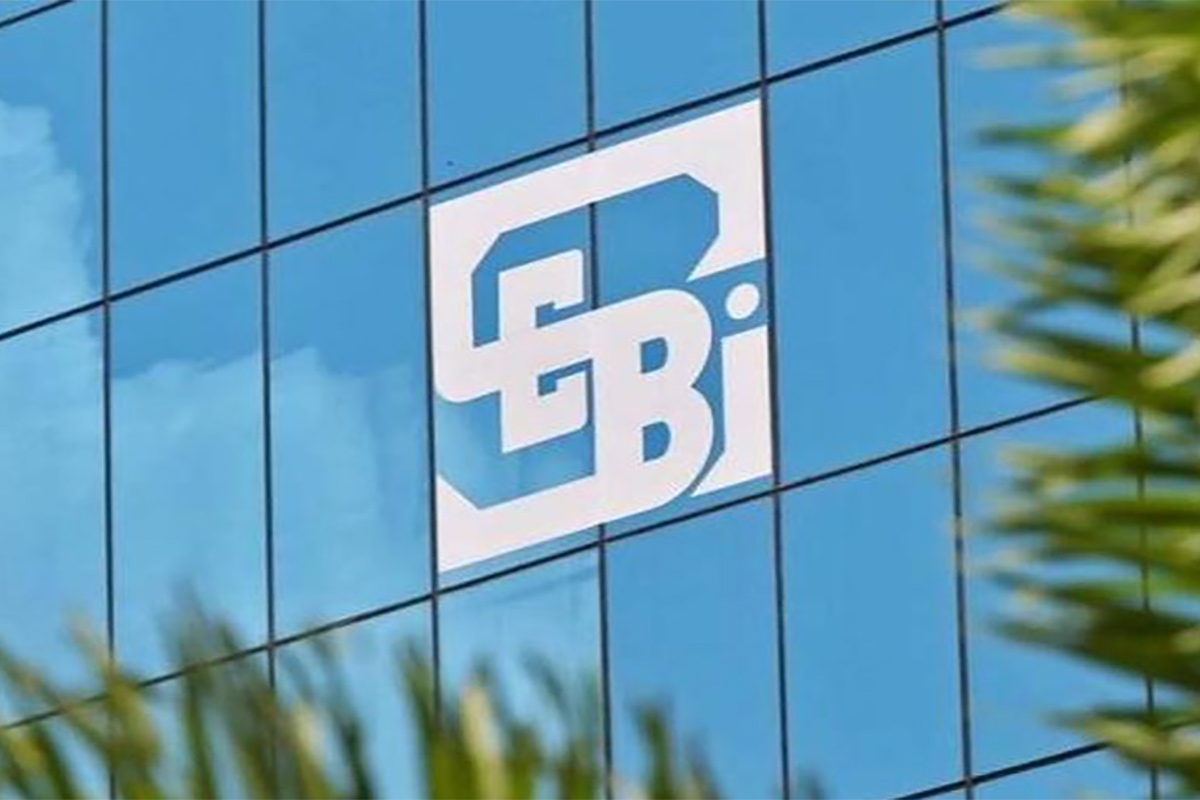Markets regulator Sebi on Thursday came out with a framework for handling investor complaints by exchanges as well as standard operating procedure for actions to be taken against listed companies for failure to redress such grievances.
Under the framework, exchanges can levy penalty on companies in case of non-redressal of investor complaints and ask depositories to freeze the shareholding of the promoter entities.
Advertisement
This will come into force from September 1, the Securities and Exchange Board of India (Sebi) said in a circular.
Sebi said the procedure will be applicable for complaints related to non updation of address or signature; non-receipt of bonus, dividend, interest for delay in dividend, duplicate debt securities certificate and share certificate.
In addition, griveances pertaining to non-receipt of securities in public issues or rights issues, not receiving securities after conversion/consolidation/ splitting; and receiving refund or dividend and shares in physical mode instead of electronic mode will also be applicable.
The regulator said exchanges will not handle grievances related to monopoly and anti-competitive practices, chit funds, company, where moratorium order is passed against the company in winding up/ insolvency proceedings and companies under liquidation and official liquidator has been appointed, among others.
Sebi said investors are encouraged to initially take up their grievances for redressal with the concerned listed company directly.
Besides, SCORES platform can be used to submit grievances directly to the company for resolution, if the complainant has not approached the company earlier.
The regulator said companies are expected to resolve the complaint directly. In case the company does not redress it within 30 days from the date of receipt of the complaint, such direct complaints will be forwarded to designated stock exchange (DSE) through SCORES.
At the time of lodging the complaint through SCORES platform, in case the complainant had approached the company earlier, the complainant will submit all such details of the complaint. These will be forwarded to the DSE.
Upon receipt of the complaint through SCORES platform, the DSE will take it up with the company. The company is required to redress it and submit an Action Taken Report (ATR) within 30 days from the date of receipt of such complaint.
In case the ATR is not submitted by the company within 30 days or DSE is of the opinion that the complaint is not adequately redressed and it remains pending beyond 30 days, Sebi said a reminder will be issued by the exchange to the listed company through SCORES directing expeditious redressal of the grievance within another 30 days.
After being adequately satisfied with the response of the company with respect to the complaint, the stock exchange will submit an ATR to Sebi.
For any failure to redress investor grievances pending beyond 60 days by listed companies, stock exchanges will initiate appropriate action against the listed firm.
With regard to action on failure to redress grievances, exchanges will levy a fine of Rs 1,000 per day per complaint on the listed entity. Besides, fines will also be levied on companies which are suspended from trading.
Sebi said DSE will issue a notice to the listed entity intimating them about the levy of fines while also directing them to submit ATRs on the pending complaints and payment of fines within 15 days from the date of such notice.
In case the listed entity fails to redress the grievances and/or pay fine levied within 15 days from the date of such notice, the concerned DSE will issue notices to the promoter(s) of such entities, to ensure submission of ATRs on the pending complaints and payment of fines by the listed entity within 10 days from the date of such notice.
In case the listed entity fails to comply with these requirement and/ or pay fine levied within the stipulated period, DSE will forthwith intimate the depositories to freeze the entire shareholding of the promoters and promoter group in such entity as well as all other securities held in the demat account of the promoter and promoter group.
The depositories will immediately freeze such demat accounts and also intimate the promoters about the details of non-compliances resulting in freezing of their demat accounts.
In case listed entity fails to pay the fine or resolve the complaint despite receipt of the notice, DSE may initiate other action as deemed appropriate.
While issuing the aforementioned notices, DSE shall also send intimation to other recognized stock exchanges where the shares of the non-compliant entity are listed.
Once exchanges have exhausted all options and if number of pending complaints exceed 20 or the value involved is more than Rs 10 lakh, exchanges will forward the complaints against such listed companies to Sebi for further action, if any, Sebi said.
The regulator said exchanges will intimate it through SCORES about all actions taken against the listed firm for non-resolution of the complaints and non-payment of fines.
With regard to penalty Sebi said fine will be computed and levied on a monthly basis during the non-compliance period.
“Fine amount shall continue to accrue till the date of redressal of grievance /filing of ATR by the company or till the company is compulsorily delisted, whichever is earlier,” it added.
In case the promoters’ shareholding is frozen by the exchange, the regulator said an intimation will be given to depositories to unfreeze the promoter or promoter group holdings from the date of such compliance.
If the company has redressed the investor’s complaint but has not paid the accrued fines, the exchange will stop levying further fines. However, the promoters’ shareholdings will remain frozen till the payment of accrued fines.
The exchanges will disclose on their website the action taken against the listed entities for non-compliance with grievances; amount of fine levied and details regarding the freezing of shares.











